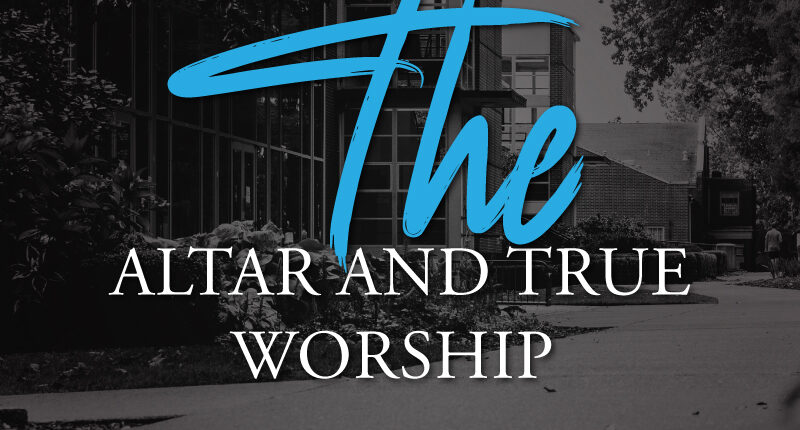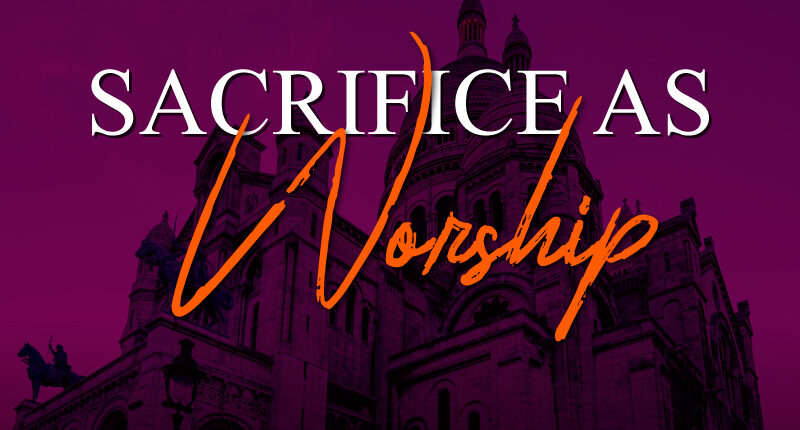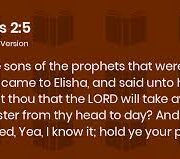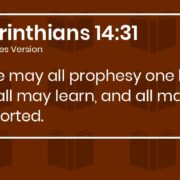THE RESPONSE FOR THE CONTRIBUTIONS (EXODUS 35:21–29)
THE RESPONSE FOR THE CONTRIBUTIONS (EXODUS 35:21–29):
The response was excellent. The people immediately began bringing their contributions to Moses. Exodus 35 shows us that their hearts were stirred up, they were willing-hearted (Exo. 35:21-22, 26, 29). There were no gimmicks required. The instructions of God moved their hearts.
Târumah is given from nothing. God already provides what we are to give.
Like the Israelites, we are to give as we are enabled. Târumah is not given anything. God already provides what we are to give. God gives us the ability to give. You do not need to give anything that you do not already possess.
23-26 They came, both men and women, all the willing spirits among them, offering brooches, earrings, rings, necklaces—anything made of gold—offering up their gold jewelry to God.
Anyone who had blue, purple, and scarlet fabrics; fine linen; goats’ hair; tanned leather; and dolphin skins brought them.
Everyone who wanted to offer up silver or bronze as a gift to God brought it. Everyone who had acacia wood that could be used in the work brought it. All the women skilled at weaving brought their weavings of blue and purple and scarlet fabrics and they’re fine linens. And all the women who were gifted in spinning spun the goats’ hair. (Exodus 35: 23-26)
They already have these objects in their possession. God prepared them for the act of giving.
If you notice the verse above, they already had what they offered. They did not take the time to gather or save up for it first and did not have to go on an expedition to get these things. They already have these objects in their possession. God prepared them for the act of giving. They offered what God supplied.
Your weekly dose of prophetic wisdom and anointing awaits you. Join our LIVE Conference Call!
1) Call 515-604-9266
2) Go to startmeeting.com, and use the login: BishopJordan

















